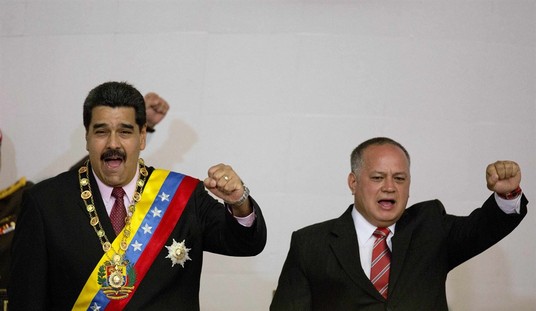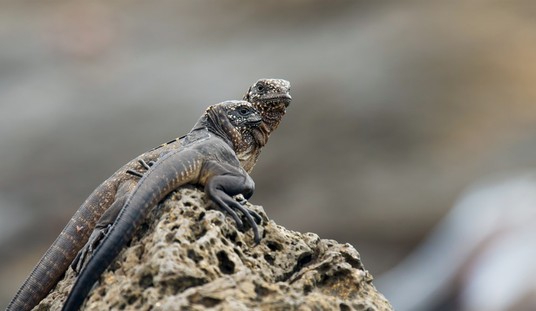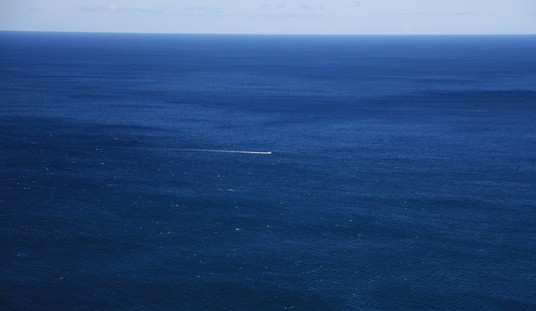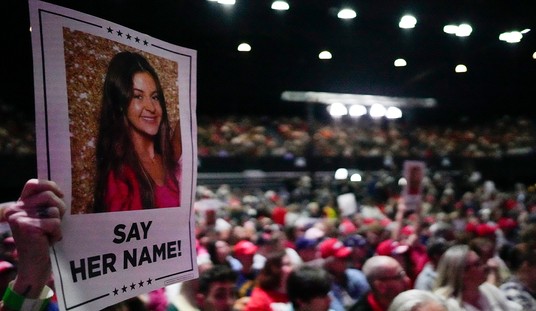Photos of North Korea’s Kim Jong Il have drawn attention over the years for many reasons, one of the more memorable snapshots having turned up on the cover of the Economist about nine years ago, showing a rotund Kim, with his trademark bouffant hairdo, raising his hand in a half salute. In that case, the best part was the caption: “Greetings, Earthlings.”
But recent footage, aired by North Korean state television, has been getting more attention than anything yet — showing, or so it seems, Kim Jong Il near death’s door. The once round Kim is gaunt, his once-thick hair is thin. He is reported to walk with a limp, and believed to have had a stroke last summer. This past Monday, South Korean media began reporting that according to unnamed Chinese and South Korean intelligence sources, Kim is suffering from pancreatic cancer.
With a possible transition of power in North Korea as context, I’ve put down some thoughts about this in my column this week for Forbes.com, “Dear Leader, Dead Leader?” — urging, and not for the first time, that America’s best bet for coping with North Korea’s murderous, WMD-loving, global racketeering, nuclear extortionist regime is to stop trying to negotiate with these guys, and undermine them entirely. We used to call it “regime change,” and as a policy for coping with predatory totalitarian governments, it has an excellent record — from World War II, to the Soviet collapse, to — yes — Saddam Hussein’s Iraq.
One of the great weaknesses of totalitarian governments is that they have no clear procedure for handing off power. Because the rules morph with the whim of the ruler, transitions happen by way of power struggles, fraught with internal instability. Will Kim be succeeded by his 26-year-old son, Kim Jong Un? By his 63-year-old brother-in-law, Chang Song Taek? By a North Korean variation on Burma’s junta? These are some of the guesses topping the list. But chances are that even Kim’s hairdresser doesn’t know for sure.
For that matter, it isn’t even confirmed that Kim has cancer. North Korea is a country in which even the ruler’s birth date isn’t clear. Officially, Kim is 67 years old, born in 1942 on the sacred Mount Paektu. Unofficially, he is believed to be 68, born in 1941 in Russia. He rules over a system which tested a ballistic missile in April, but advertised it as the launch of a satellite which had gone into orbit broadcasting tunes of glory about Kim and his late father — which was all very interesting, except there was no satellite.
Nonetheless, whatever’s ailing Kim, he doesn’t look good. There are reports that North Korea is working on a biopic about his life, “I Will Add Glory to Korea,” — which has the air of a eulogy. There are a raft of signs that the second transition of power in North Korea’s 61 year history may soon arrive. All of which means that North Korea may be entering a period of particular vulnerability — and opportunity for the free world, should President Obama choose to exploit it.
Pushed by the U.S. — with Russia and China moaning and groaning all the way — the United Nations made a move in the right direction on Thursday, imposing sanctions on five North Korean trading companies and individuals connected with Pyongyang’s nuclear and ballistic missile programs. But much more is needed, not only in the way of fingering North Korean companies and individuals (Come on folks, does anyone think that North Korea’s international WMD rackets are the work of just five guys?) but also in the way of enforcing such stuff.
Let’s say it again — one of the great weaknesses of UN sanctions is that enforcement is effectively left to individual member states. It is up to China, for instance, to ensure that China complies with the sanctions that China finally agreed to vote for. And there really aren’t any penalties at the UN for breaking those rules. That’s how, during the UN’s Oil-for-Food program in Iraq, Syria functioned as a major sanctions-busting smuggling conduit for Saddam, while also sitting on the UN sanctions committee.
The temptation for Washington’s diplomats, as this North Korea story grinds forward, will be to try to translate Pyongyang’s power struggle into an elaborate new disarmament deal at the bargaining table. Bad mistake. What Washington really needs to take on board is the idea that the best outcome — and everything possible should be done to urge it along — would be for the North Korean regime itself to die along with Kim Jong Il.









Join the conversation as a VIP Member